1. The Fresh Prince of Bel-Air – “How Come He Don’t Want Me, Man?”
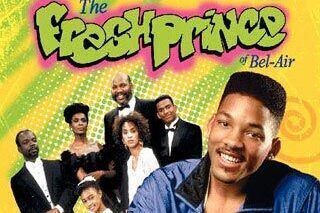
It was supposed to be a happy reunion. Will’s dad finally shows up after years away, only to vanish again without warning. What followed was one of the most emotional moments ever seen in a sitcom. Will’s tears felt unscripted. That line, “How come he don’t want me, man?” still echoes with viewers who’ve experienced rejection. Will Smith later shared that his tears were real. It felt personal, and that’s why it stuck. This wasn’t just acting. It was honesty. It still surprises new fans who expect only jokes but find something real.
2. Roseanne – A Comedy That Didn’t Sugarcoat Real Life
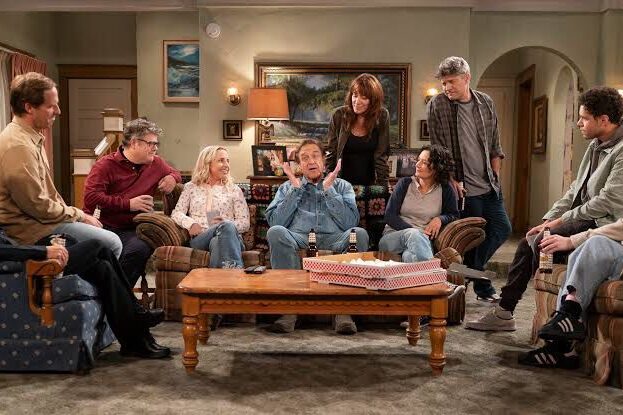
Roseanne came in loud and funny, but the truth underneath was tough. The show didn’t avoid hard topics. It leaned into poverty, teen pregnancy, depression, and domestic struggles. Dan’s heart attack and the death of a family member hit especially hard. Later seasons drifted into surrealism, but the earlier years felt painfully grounded. One reviewer wrote, “It told the truth about middle-class life when most shows wouldn’t dare.” People didn’t always agree with the characters, but they recognized them. It showed that real life isn’t tidy, even when it’s filled with laughs.
3. Family Ties – Politics, Grief, and Growing Up Fast
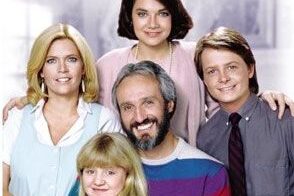
At first, Family Ties was a battle of values, with liberal parents raising a conservative son. But over time, the show dipped into deeper waters. Episodes tackled grief, loss, and emotional breakdowns with a seriousness that surprised viewers. When Alex loses a close friend, his spiral into sadness felt raw and unexpected. Michael J. Fox delivered a performance that stood apart from sitcom norms. One fan said, “I didn’t expect to cry watching Family Ties.” But the show never played it for drama’s sake. It simply reflected the hard parts of life.
4. The Wonder Years – When Innocence Fades Away
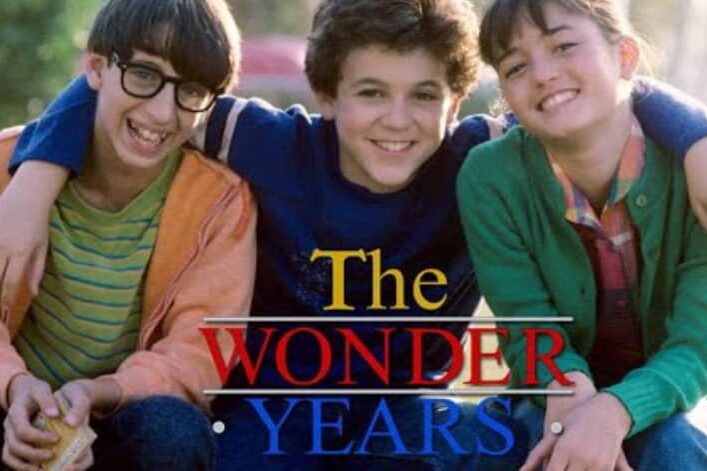
We remember The Wonder Years as nostalgic and warm, full of bikes, music, and first love. But Kevin Arnold’s story was never just about growing up. It was about growing apart. The show followed him through loss, social unrest, and emotional awakenings. The Vietnam War hovered over his brother’s storyline, and Kevin’s friendships often unraveled quietly. It didn’t always end with hugs. One fan wrote, “It reminded me that sometimes people just drift away.” The beauty of the show was in its honesty. It wasn’t afraid to admit that innocence doesn’t last.
5. MAS*H – A Comedy That Slowly Stopped Being Funny
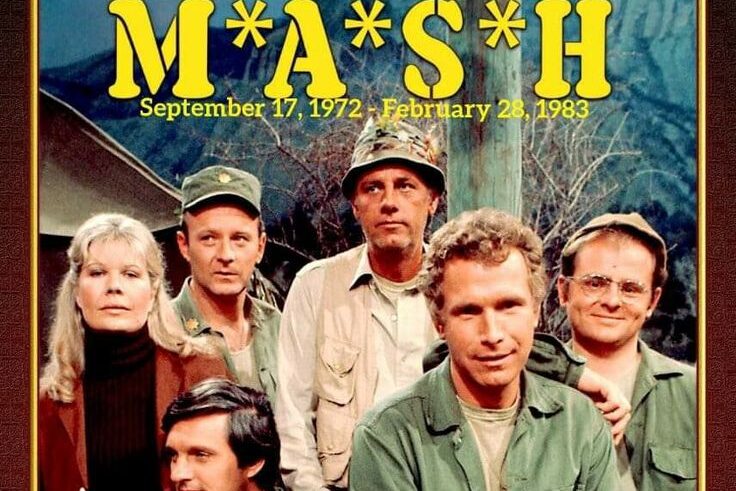
MASH began as satire, using humor to get through the horror of war. But over the years, it grew heavier. Episodes focused on death, PTSD, and ethical dilemmas. The laughter started fading. One powerful scene, involving a soldier and a crying baby, left viewers in silence. Even the characters changed, shaped by the pain they kept trying to laugh off. The show’s finale broke records not because it ended the series, but because it ended with truth. One fan said, “MASH helped me understand that sometimes people laugh just to survive.”
6. All in the Family – When the Laughter Turned into Silence
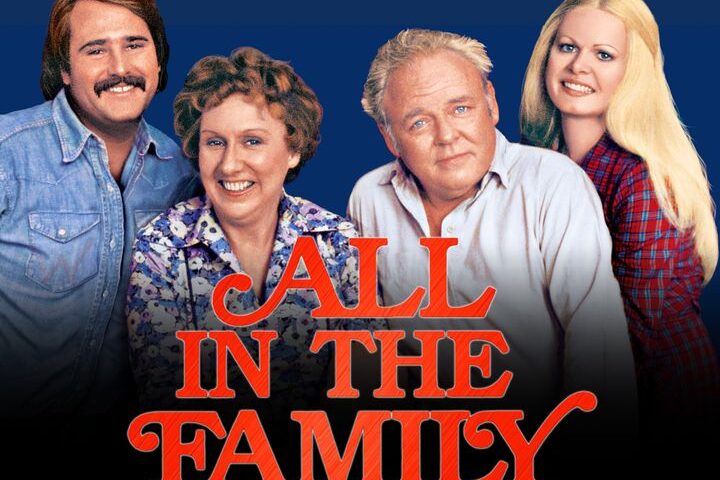
Archie Bunker was built for laughs, but his world got serious fast. All in the Family wasn’t afraid to get uncomfortable. It tackled racism, cancer, miscarriage, and sexual assault with blunt honesty. Edith’s attack episode didn’t wrap up neatly. It just ended with silence and fear. Some episodes didn’t have a joke in the final scene. That silence stayed with people. One critic wrote, “It forced Americans to look at themselves, even when they didn’t want to.” The show wasn’t polished. But it was real. That’s why it still matters today.
7. Good Times – Finding Joy While Telling Hard Truths
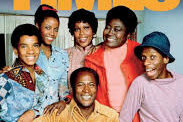
JJ’s one-liners and family jokes gave Good Times a lively rhythm, but the stories behind the laughs were heavy. The Evans family faced poverty, racism, and community violence. Their small victories felt hard-earned because the world around them was tough. James’s sudden death was a moment that shattered fans. Florida’s reaction, “Damn, damn, damn,” broke tradition and brought real grief into primetime TV. Viewers felt it. One said, “It wasn’t acting. That was pain.” Good Times proved that comedy could be a way to cope, not just a way to escape.
8. The Facts of Life – Growing Up Meant Facing Real Issues
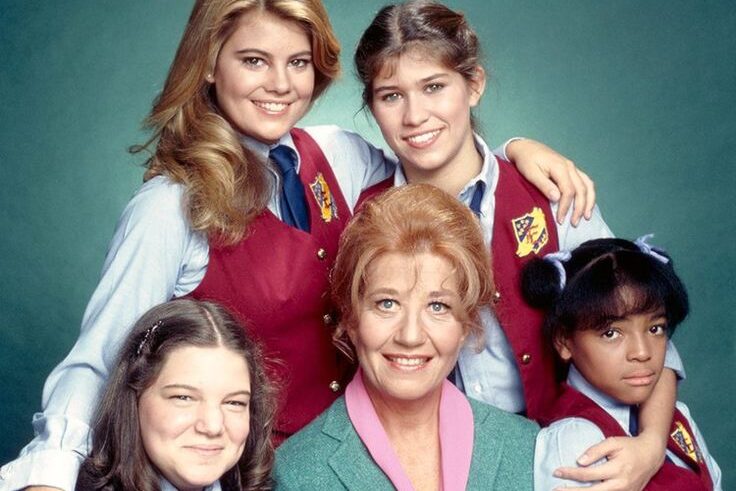
It began with schoolgirl mischief and lighthearted lessons. But The Facts of Life evolved into something deeper. Topics like eating disorders, sexual assault, racism, and alcoholism were tackled head-on. These weren’t passing mentions. They were full episodes, handled with care and intention. When Natalie processes a sexual assault, the emotion is raw and quiet. It gave viewers a way to talk about things they couldn’t always name. A fan once said, “It helped me feel seen without being talked down to.” That’s the legacy of a show that started small and grew up.
9. Diff’rent Strokes – When Sitcoms Took Big Risks
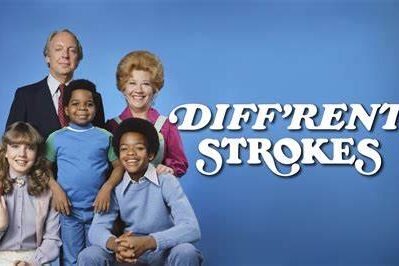
Diff’rent Strokes gave us laughs and lovable characters, but it also tackled issues rarely seen on TV back then. One of the most talked-about episodes is “The Bicycle Man,” where a predator tries to groom the kids. The storyline shocked audiences and still gets referenced in child safety discussions today. The show also explored racism, bullying, and drug use. Todd Bridges said later, “We wanted to keep kids safe.” It wasn’t just a message. It was a mission. Diff’rent Strokes showed that sitcoms could protect, inform, and entertain all at once.
10. Growing Pains – Behind the Laughs Were Deep Cuts
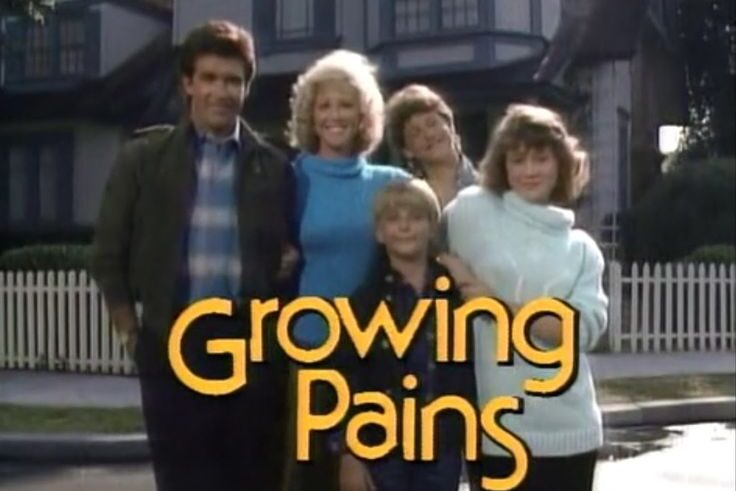
Growing Pains felt wholesome and familiar, but its stories could take a sudden emotional turn. Carol’s best friend died by suicide. Mike befriended a homeless teen with cancer. These weren’t random episodes. They were meaningful and often quiet. They didn’t resolve everything by the final credits. Kirk Cameron once said the show wanted to make families think. And it did. A viewer commented, “I laughed, but then I felt something I couldn’t explain.” Growing Pains was never loud about its message, but it knew how to leave one that lingered.
11. Full House – It Started with Loss, and That Never Left
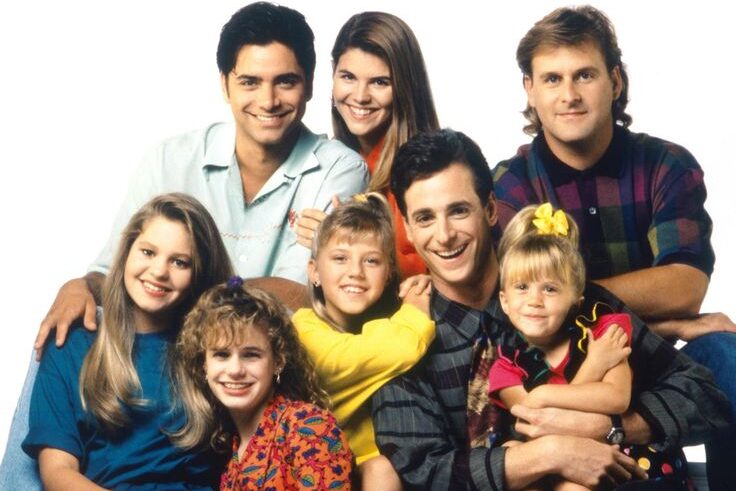
Full House opened on a note of loss. Danny’s wife had passed, and the show quietly carried that grief through the years. In between goofy dances and silly lessons were moments that hit deeper. Michelle asking about her mom. Jesse wondering if he was enough. Stephanie struggling with insecurity. The hugs were part of the healing. A fan once wrote, “It helped me cry about things I didn’t know I was holding in.” Full House didn’t dwell in sadness, but it gave kids permission to feel it. That’s what made it special.
12. Cheers – Everyone Knew Your Name, but Not Your Pain
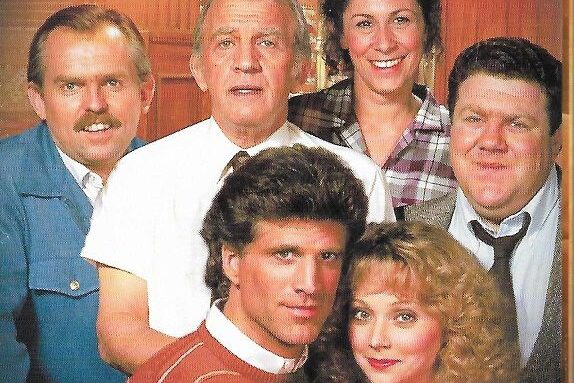
Cheers had the laughs. The bar banter. The catchy theme. But if you stayed long enough, you saw the loneliness. Sam was a recovering alcoholic, always managing temptation. Diane struggled with her mental health. Carla coped with grief and stress. The characters returned to the bar not just to drink, but to feel less alone. One critic said, “Cheers was a comedy about people trying not to fall apart.” It ended not with big drama, but with a quiet truth. Sometimes being known is the only thing holding someone together.
This story 12 Classic Sitcoms That Quietly Got Darker Than Anyone Expected was first published on Daily FETCH


